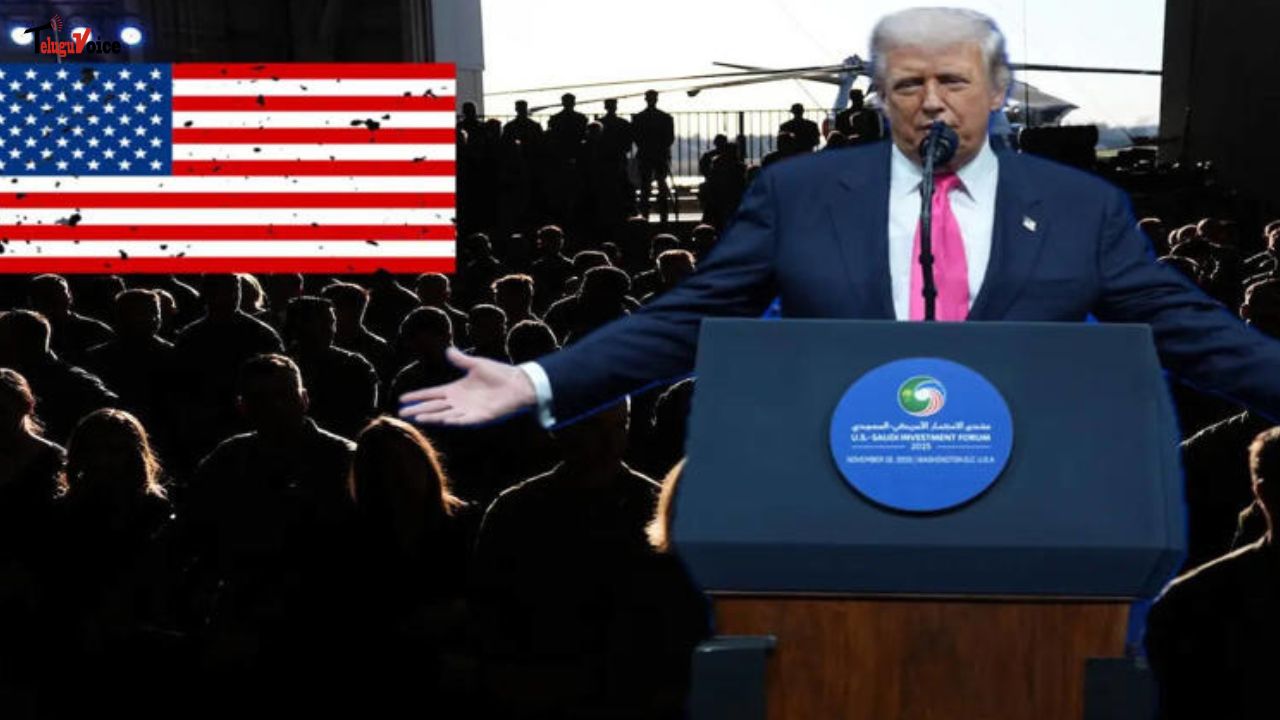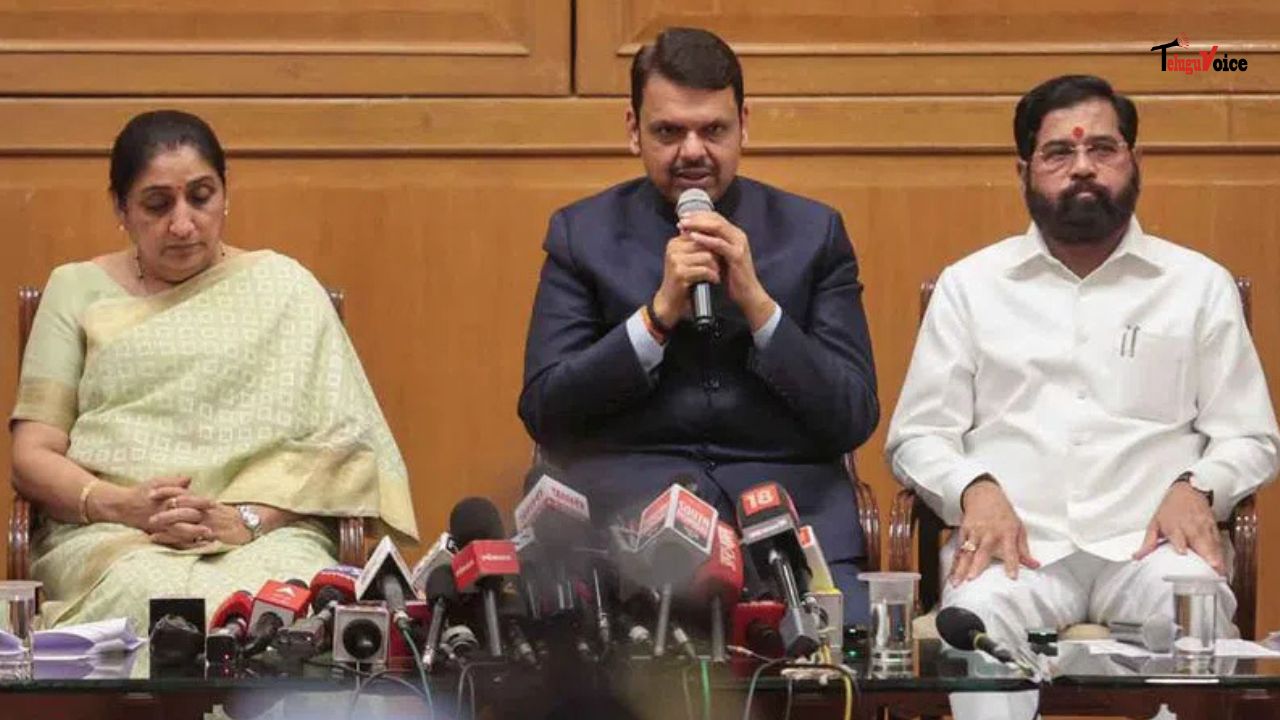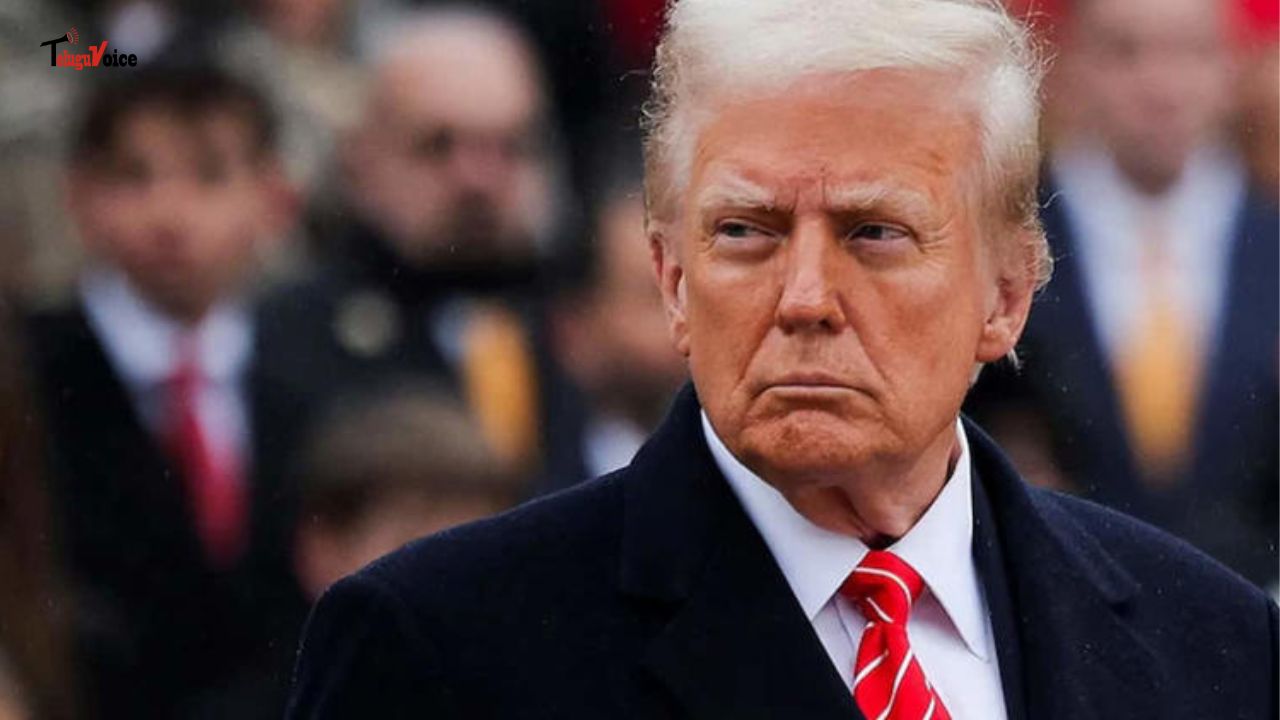Why MAGA Is Upset With Donald Trump Over Foreign Talent & H-1B Visa Support

Former U.S. President Donald Trump has stirred debate within his own support base after publicly supporting the role of foreign skilled workers and defending the H-1B visa program. Speaking at the US–Saudi Investment Forum in Washington while hosting Crown Prince Mohammed bin Salman, Trump acknowledged the necessity of bringing in specialized international talent to operate large-scale technology and semiconductor projects in the United States. He stated that highly complex industries cannot rely solely on unemployed domestic workers without adequate training.
Trump remarked, “You can’t open a massive chip factory costing billions and expect to hire people off the unemployment line to run it. They’re going to have to bring thousands of people with them, and I’m going to welcome those people.” He emphasized that foreign experts would help train Americans, ultimately strengthening national capability. His comments align with remarks made recently during a Fox News interview, where he admitted the country currently lacks enough skilled manpower in advanced industrial sectors.
However, Trump’s statements triggered backlash among several members of the MAGA (Make America Great Again) movement, who felt his stance contradicted his long-standing “America First” policy. Online criticism erupted, suggesting Trump was abandoning hardline promises against increasing foreign worker visas, particularly H-1B expansions. Conservative commentator Laura Ingraham challenged Trump during a televised conversation, arguing against “flooding the country with foreign workers,” to which Trump replied, “You also do have to bring in talent.”
Addressing criticism, Trump defended his position at the forum, saying his intentions remained consistent with MAGA values, asserting: “I love MAGA, but this is MAGA.” He explained that foreign workers would help educate and train U.S. talent and eventually return home once programs stabilize.
The controversy reflects the growing internal divide on immigration policy—balancing protectionist job policies with the demands of the rapidly expanding U.S. technology sector, especially semiconductor manufacturing.

 South Africa tour of India 2019
South Africa tour of India 2019










Comments